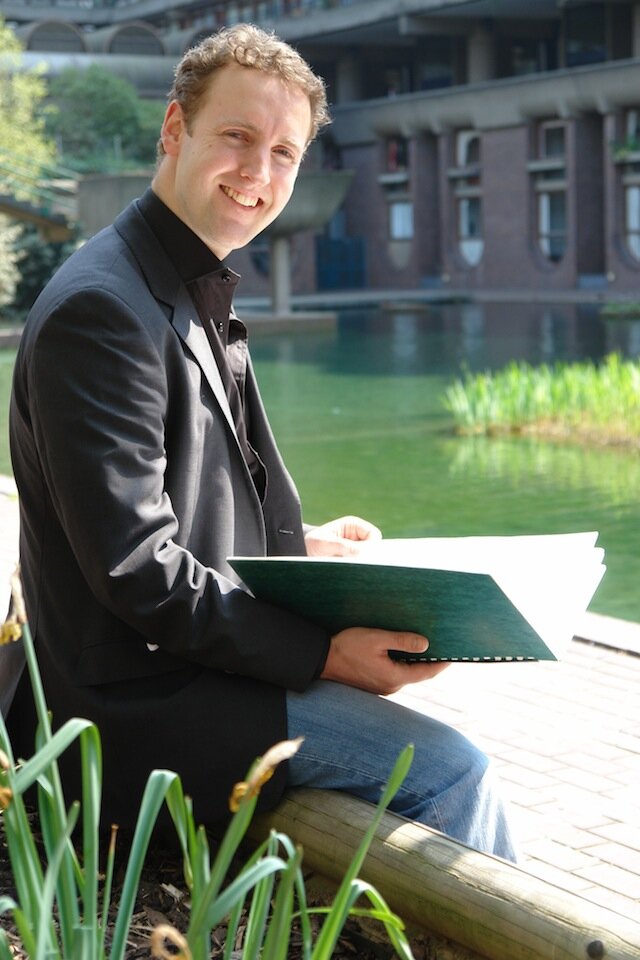
Edward Elgar composed his Enigma Variations around the theme of a dark saying, a riddle to which he left no answer and, furthermore, said that another theme overlaid his entire set of variations, one unheard and unplayed though central to the work (rather like Godot in Waiting for Godot). He said it was a well known tune, but no one has yet guessed it. Perhaps it’s just as well that the 14 variations, mostly identified by initials and one identified only by asterisks, engendered great enjoyment by themselves for the owners who found episodes of time they spent with Elgar immortalized, and for listeners in the 114 years since its composition.
Though it began with a theme he composed almost while noodling for fun on the piano, as Elgar continued to work on the Variations, he became serious about the project and ended up with one of the most beloved and durable works written by an English composer.
The Enigma Variations, on last week’s regular Seattle Symphony concerts, also had a concert to itself Sunday afternoon. “Beyond the Score” is a program initiated by the Chicago Symphony in which one well-known work is deconstructed and explained in the first half of the program with narrator, actors, visuals, and the orchestra, and performed in its entirety in the second.
The Enigma Variations lends itself perfectly to such a program. On Sunday, narrator Steve Reeder gave the background, while actors Dave White, Lucy Bialik, and Dennis Bateman took the roles of Elgar, his wife and many of those portrayed, all made easier by the penchant of late Victorians to write frequent letters to each other.
Sitting cosily at a small tea table, White made an excellent Elgar, complete with suitable “harrumphs” at intervals, while Bialik made the perfect Caroline Alice Elgar (as well as the irrepressibly enthusiastic and bubbling young friend Dora), and Bateman took on some of the male friends.
All their comments were interleaved with illustrative snippets of music, first from the piano (played by SSO pianist Kimberly Russ), then seamlessly taken up by the orchestra, directed by young British conductor Michael Francis. At the same time, on a big screen above the musicians, the audience saw the milieu in which Elgar lived and worked, the bald Malvern Hills near his home, the house in which he and Caroline Alice lived as well as the houses of friends and the woods where he walked with his dog. Parts of letters or of musical scorescame up on the screen, plus photos of the friends whose company he enjoyed and about whom he composed.
By the time the second half of the concert began, the large audience was able to identify which variation had the bulldog sliding down a steep slope into the fast running river and splashing his way out; which described the thunderstorm Elgar and another friend got caught in on a walk; which the high pitched giggle of one friend or the rather gloomy outlook of another. Cello and viola solos gave reference to friends who played these instruments, and perhaps the heart of the work, the stately “Nimrod” variation characterized his publisher and close friend, August Jaeger.
Francis conducted the work with empathy and understanding, never allowing it to become brash or forced. From the quiet beginning, the sound floated in a leisurely unfolding of the theme and its development, and continued with each individual variation receiving its particular character: gentle, excitable, expansive, jumpy, grand, starting with the one for his wife, ending with the finale for himself.
It was a fine concert with which to introduce a child to classical music and there were many young people present. The 11-year-old in my party found it thrilling, and is looking forward to the next “Beyond the Score,” Beethoven’s Fifth Symphony, May 5, 2013.
